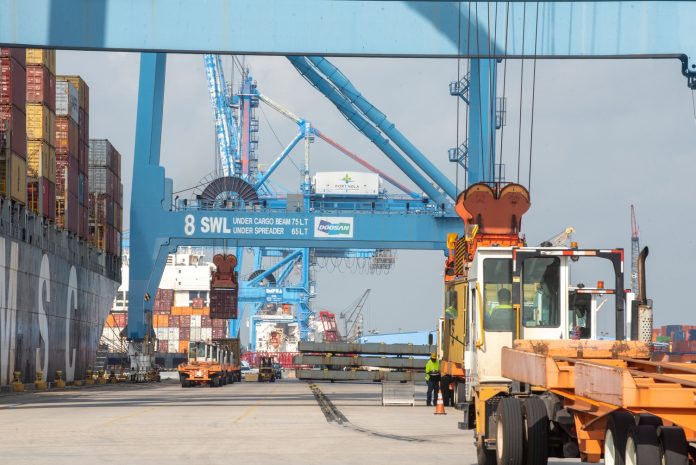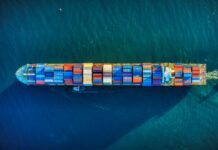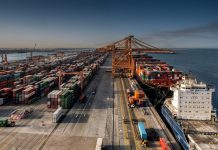
Several south Louisiana ports partnered to request federal assistance as a result of the impacts of Hurricane Ida on their infrastructure, waterways and communities.
The Ports of New Orleans, Baton Rouge, Fourchon, Morgan City, Plaquemines, St. Bernard, South Louisiana and Terrebonne formally submitted a request to President Biden on 7 September to ensure ports are included in bills for urgent funding from Congress.
The Lower Mississippi River opened just three days after Hurricane Ida made landfall in southeast Louisiana as a category 4 storm. By 2 September, the Port of New Orleans (Port NOLA) resumed limited operations and became fully operational on 7 September, nine days after Hurricane Ida.
“Although operations resumed, there remains ongoing assessment of needs, and supply chain disruptions also continue,” said Port NOLA in its announcement. “Damages caused by Hurricane Ida placed significant additional stress on an already strained supply chain network throughout the entire country.”
Critical impacts to maritime facilities and infrastructure include damage and extended closures of grain terminals during a record harvest season and ongoing extended closure of the Gulf Intracoastal Waterway (GIWW) between Morgan City and New Orleans, resulting in four- to five-day delays for barge tows and shallow-water traffic, according to a statement.
There was also damage sustained to maritime communication systems and pilot stations on the Lower Mississippi River, extended outages of four of nine oil refineries on the Lower Mississippi River, power grid failures resulting in ongoing delays for restarting critical operations and an increasing resulting need for sufficient back-up power generating systems for maritime infrastructure, added Port NOLA.
South Louisiana ports also continue to deal with a lack of available housing for labor and transportation sector workers needed to restore operations to normal and damages to bridges in the area continue to impede rescue, response, and reconstitution efforts.
“Our wharves are busy post storm and trains are moving, but we still have challenges to overcome in order to get back to previous levels,” said Brandy D. Christian, President and CEO of Port NOLA and CEO of New Orleans Public Belt Railroad (NOPB). “To restore this economic engine fully and preserve the thousands of jobs that depend on it, we respectfully ask that the White House urgently request funding from Congress to address these issues as soon as possible to help us collectively move forward from these significant impacts.”





